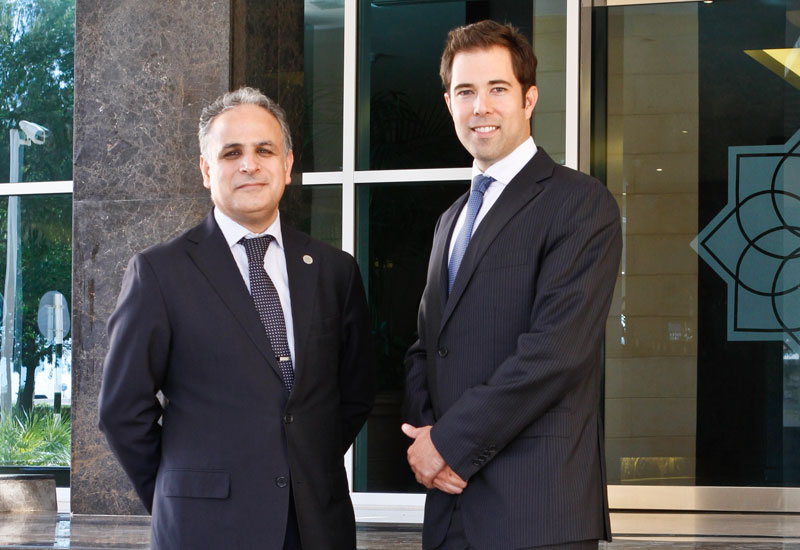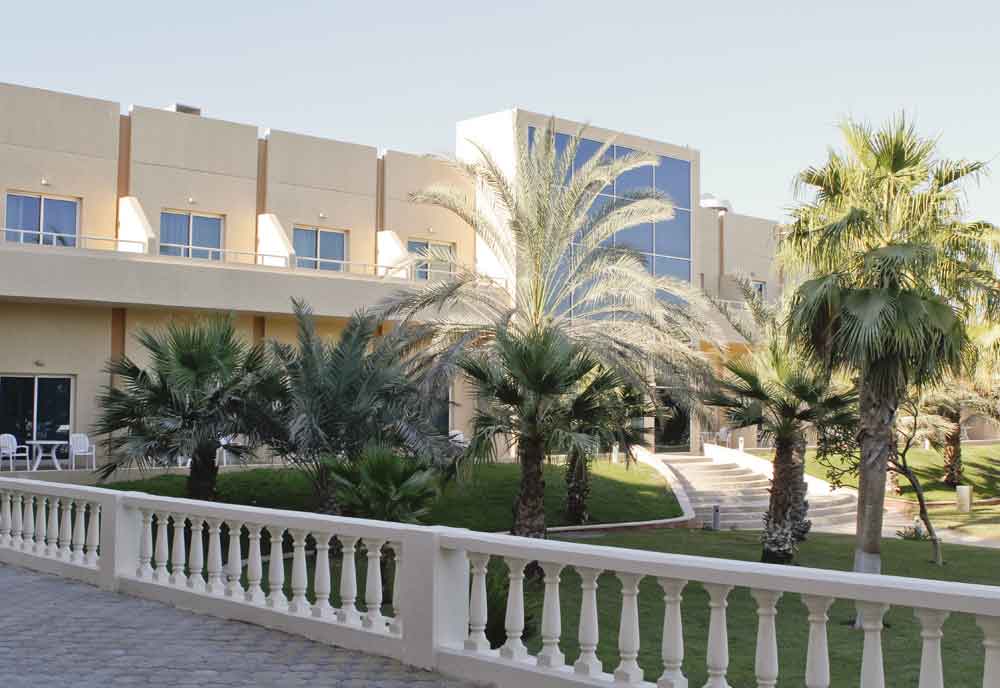The National Investor’s (TNI) purchase of the 15-year-old Mafraq Hotel in Abu Dhabi in April 2007 was the company’s first direct hospitality acquisition. But, with the firm’s founding principle being to incubate UAE-based businesses aligned to the Abu Dhabi 2030 vision — in which tourism plays a pivotal role — it was a “natural choice”, recalls TNI vice president, real estate, Robert Rowell.
Fast forward four and half years and the company has since invested US $50 million in extending and upgrading the hotel. Far more than a face lift, the full renovation has resulted in a sleek, modern hotel with 250 rooms instead of 120, its dated former self a mere shadow. All achieved while the hotel remained open, not quite on time but most definitely on budget, reveals Rowell. Many owners are forced to invest such sums to bring their properties up to the brand standards of their appointed operators, but this is where Mafraq has a point of difference — TNI decided to manage it in-house and keep the original name.
The general manager, Ghassan Fares, previously a GM at Habtoor Hotels, joined Mafraq in November 2007 to deliver TNI’s vision. And for Fares, the freedom bestowed on him by the company has played a major role in the hotel’s ongoing success. Rowell and Fares appear to work side by side, finishing each other’s sentences and radiating a distinct sense of pride in what they have achieved at Mafraq.

| Advertisement |
The project marks TNI out as a bold new hospitality investor, avoiding the brand band-wagon and going it alone — controversial perhaps at a time when Abu Dhabi is welcoming numerous global names. It highlights the issue of whether brands are always best and demonstrates that there are indeed other options, so Hotelier paid Mafraq a visit… and was pleasantly impressed with this secluded Abu Dhabi hotel. Here, Rowell and Fares explain the philosophy behind their owner-operator partnership and their “bullish” approach to 2012.
What was the Mafraq Hotel like when you acquired it?
Rowell: In 2007 we had a four-star hotel that was around 15 years old. It was in need of a refurbishment. The hotel had 120 rooms with one all-day-dining facility. We saw the occupancy levels in the existing hotel and the local demand and realised there was a clear investment case to expand it from 120 rooms to 250 rooms and to fortify the product offering by including a speciality restaurant and a ballroom, within the four-star target.
When will you see return on investment on your acquisition?
Rowell: I think a rule of thumb for modelling investment returns on a hotel would be approximately or under 10 years in terms of being able to return the initial amount invested and I think we’ll comfortably be within that return time frame. The hotel has already exceeded our expectations in terms of the room rates which increased rapidly; certainly for the first couple of years after 2007 the room rates were increasing but the occupancy wasn’t decreasing so for us there was a low price elasticity of demand, a low correlation of prices going up and occupancy going down, so that gave us even more encouragement that the asset was a good one and would be good for a long time.
Why did you decide to manage the hotel in-house rather than appoint a hotel management company?
Rowell: We recognised that we had a unique asset that was an existing asset with an existing name and client base. We really wanted to enhance the existing asset without isolating ourselves from the loyal customers that had already been using the hotel.
So we thought there was an opportunity to give the hotel its own identity and brand that would be true to the area and the main focal point for the local community with its own brand standards, own way of doing things, and that was something we considered in light of the fact that TNI has a record of growing local businesses, so it was the skills sets that we had in house and the best thing for the asset that drove that decision.
Twenty seven months is a long time for a revamp — why did you keep the hotel open during the refurbishment?
Fares: It took this property 15 years in order to develop and create a name and keep it up and running, and suddenly to take it off the market — you’ll be completely forgotten and it will be difficult for you to relaunch it again.
Keeping your momentum in the hotel market, keeping your name there, keeping your commitment to your clients — I believe it is most definitely the right decision to do that, and it has made it easier for us to be there in the market.
Rowell: By not closing we also showed a strong commitment to the employees at the property who were existing so we did not need to then lay off anyone and the hotel remained profitable through the development period. We never actually made a loss in either of the years we were going through renovations so from a financial perspective it made sense as well.










 Search our database of more than 2,700 industry companies
Search our database of more than 2,700 industry companies









